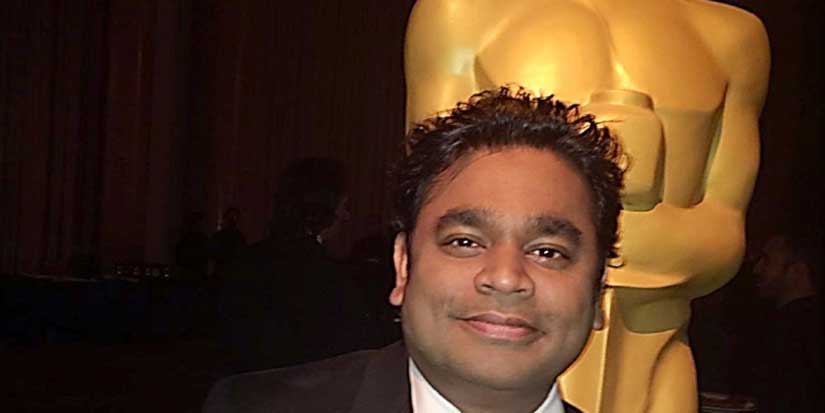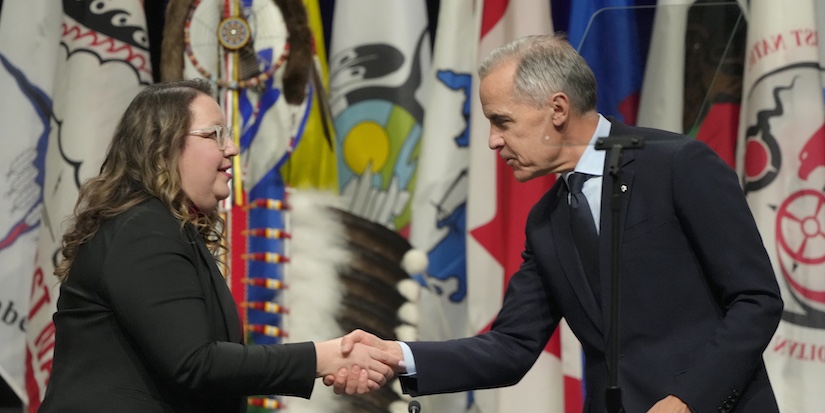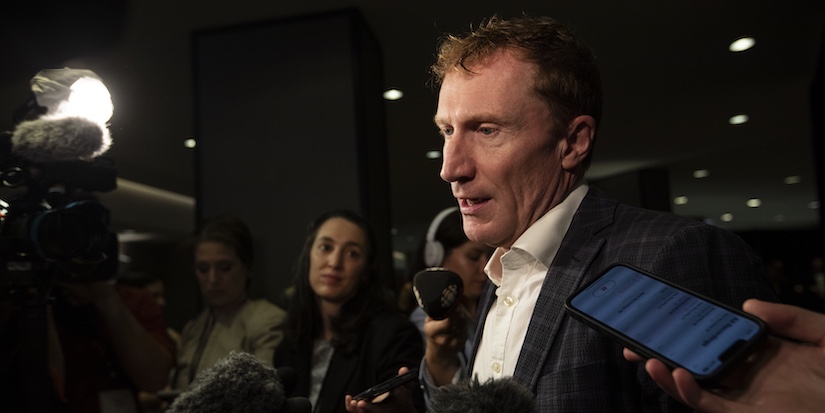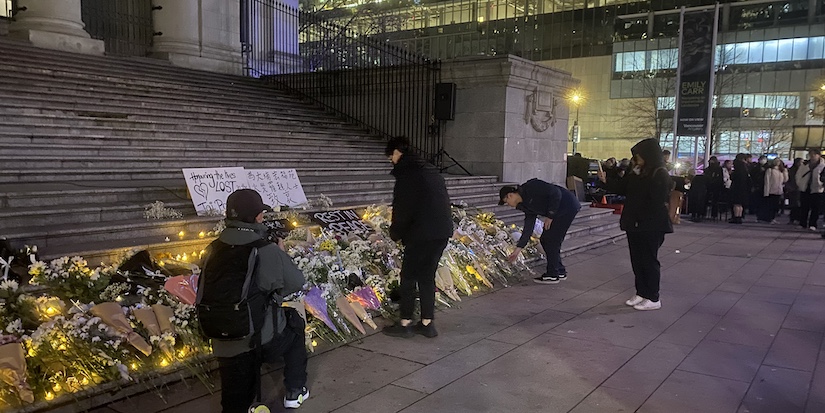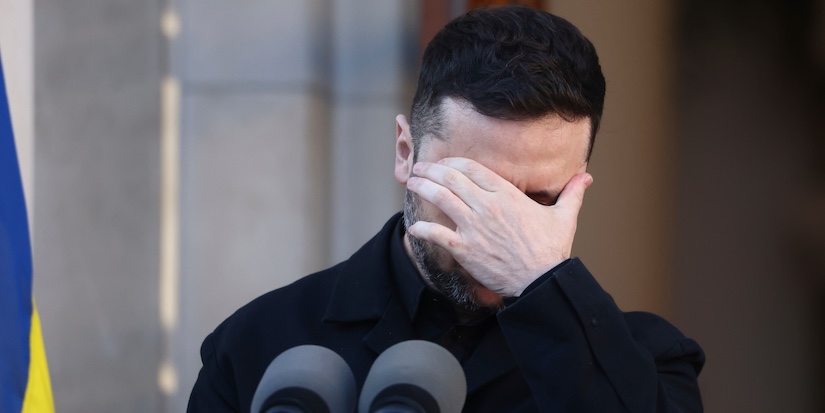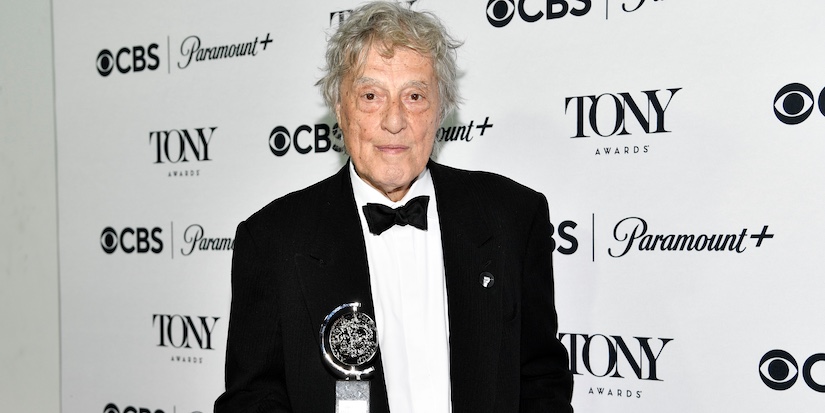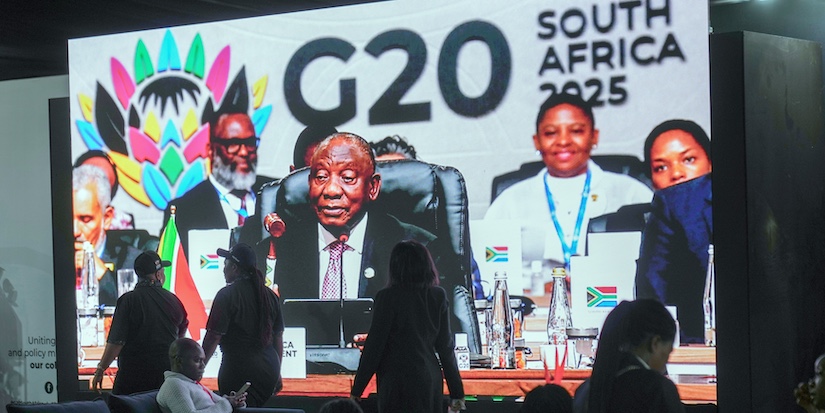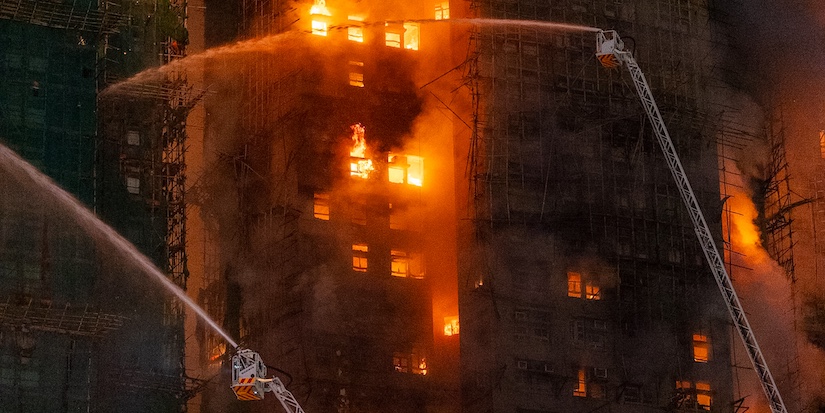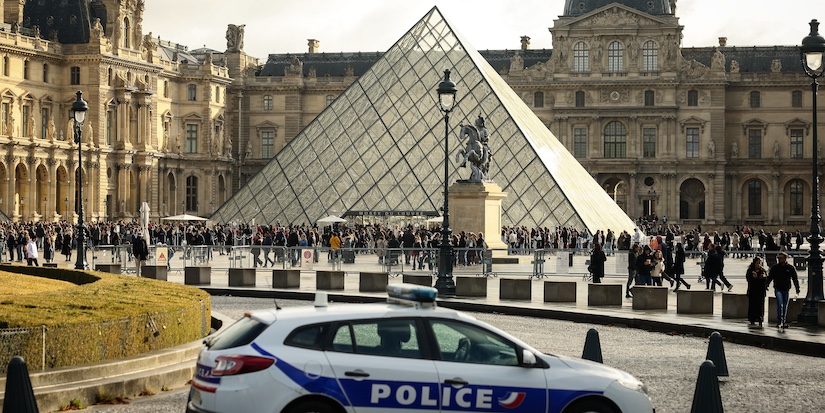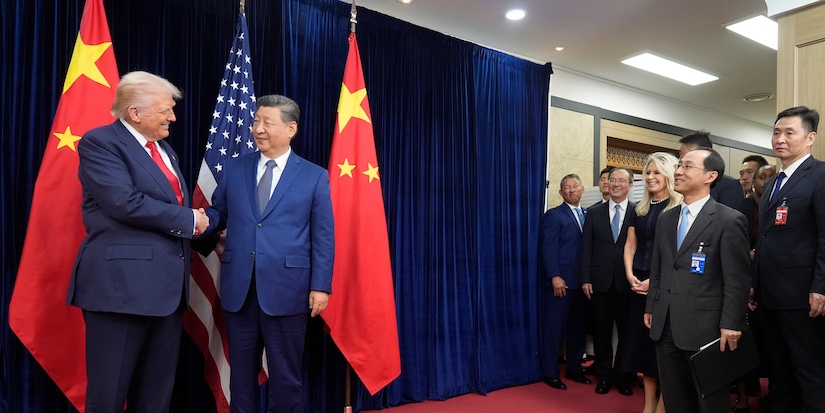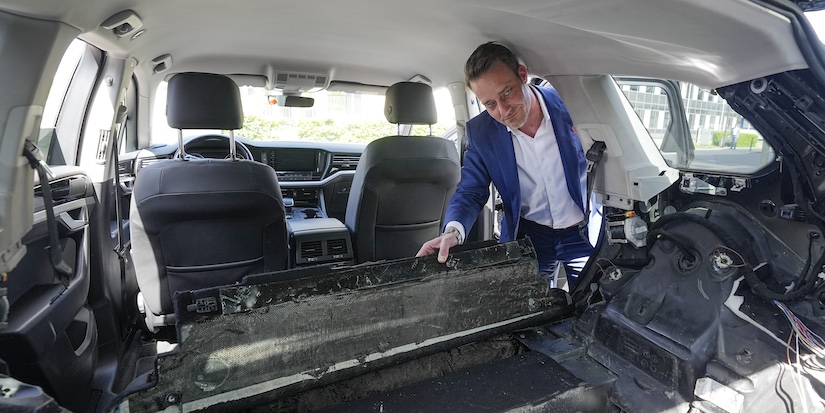Latest News
Composer scores big in the world of film

By Jim Gordon and Leeta Liepins
Published 2:06 PST, Fri December 6, 2024
—
A.R. Rahman is an Oscar winner, a Grammy winner and he has won the BAFTA and Golden Globe awards. He has been producing music for films and creating music all over the world for almost 40 years. We first heard about this composer back in 2008, as did millions of other people, when he won an Oscar for his contribution to the British drama, Slumdog Millionaire.
He was recently in Vancouver performing with the Vancouver Symphony Orchestra at the world premiere of his film Le Musk, which was part of the Vancouver International Film Festival. You will recognize his music and the movies he scores. Rahman joins Our City Tonight to talk about his fascinating journey.
OCT: Thank you for joining us. We are big fans of what you do. Please share with our viewers what it was that you first felt or heard or saw that made you want to choose the career path that you did.
AR: I have been surrounded by this type of work since my late father was a composer, a conductor, and had a career that required that he worked in multiple different places when I was young. He passed away very early when I was around the age of nine. My mother encouraged me to follow in my father’s footsteps.
She told me not to waste my time studying and I actually think she was right because I didn’t waste my time going to college. I just plunged into music, and I became a session musician (a musician hired to perform in a recording session or a live performance such as accompanying a recording artist on a tour. Session musicians are usually not permanent or official members of a musical ensemble). Ten years later, I started doing jingles and my first break came in 1991.
OCT: It’s remarkable, how you have crossed the musical landscape covering many different genres. For us, the first time we got to know of you and your work was when we saw the film Slumdog Millionaire back in 2008. That was all your music and your creativity. Can you walk us through the process you go through, did you sit in watching the dailies or did they send you a script, or did Danny Boyle the great director who did Slumdog Millionaire send you the whole film as a rough copy? How does this process work for you?
AR: It’s different with each project, for example with the film 127 Hours, they just gave me the script. So, I came up with some themes and in the case of Slumdog Millionaire, Danny Boyle just gave me the DVD as a rough cut and said I would love you to do the music. I watched the DVD a week later, I called him, and we started exchanging ideas. I would send ideas via email, and he would respond and say that he liked number three, or he liked number five and that’s how we worked together. That was probably the fastest ever I’ve produced music for a movie.
OCT: Our whole team are all big fans of your work. Our director had a good line when he said “music can really enhance a scene, a film, a TV show, but it also is important that it doesn’t get in the way”. When you sit down to score music for a movie, it must be an emotional process from start to finish. Some of our favourite moments in cinema are attached to the music that complemented the scenes. Can you take us through this process as it must be like a balancing act you have to always be aware of.
AR: I normally watch the movie without music first so that I can see what comes to me. Then I watch the movie with the director’s music they have edited in. I go through this process so it doesn’t kill my creativity. Sometimes with the music that they have used, the thought occurs to me that we can do music like this because editors do have a great sense of music. Some editors actually put some great music into the production. I’ve been in the music industry for almost 42 years (which includes playing music, composing music, arranging and producing music). Sometimes when I feel this is what the music should be, I suddenly want to cheat my mind and say no, what if it is something else? It’s a process of realizing how we can bring greatness to the project, how we can engage the audience with something which they don’t expect to hear. How can we make the music complement a scene by making it more believable or taking it to another music landscape where it’s more mind driven than what you hear.
That’s one really good thing about working and starting out in India. India actually encourages you to do and to be everything, whereas when you come to Hollywood, they pitch you on the whole subject. For example, they pigeonhole the India composer: they think that this guy only does horror well; or this guy does orchestra; or this guy is a songwriter.
I come from such a place where it is so multicultural. South India is completely different from North India, where the sensibilities are slightly different. The language is different. The food is different. The ragas are different, and ragas are like the boards of music or patterns of music.
OCT: One of the things we love that you’ve accomplished as an artist in your situation is that you have introduced people to a specific genre of music that comes from a different part of the world. Good music is good music anywhere. It doesn’t matter where it’s from and you have certainly embraced that with your award-winning body of work.
The latest project Le Musk, is a 37-minute cinematic sensory experience and was produced, directed, and scored by A.R. Rahman. You can find out more information at LeMusk.com
For the video interview in full go to richmondsentinel.ca/video
